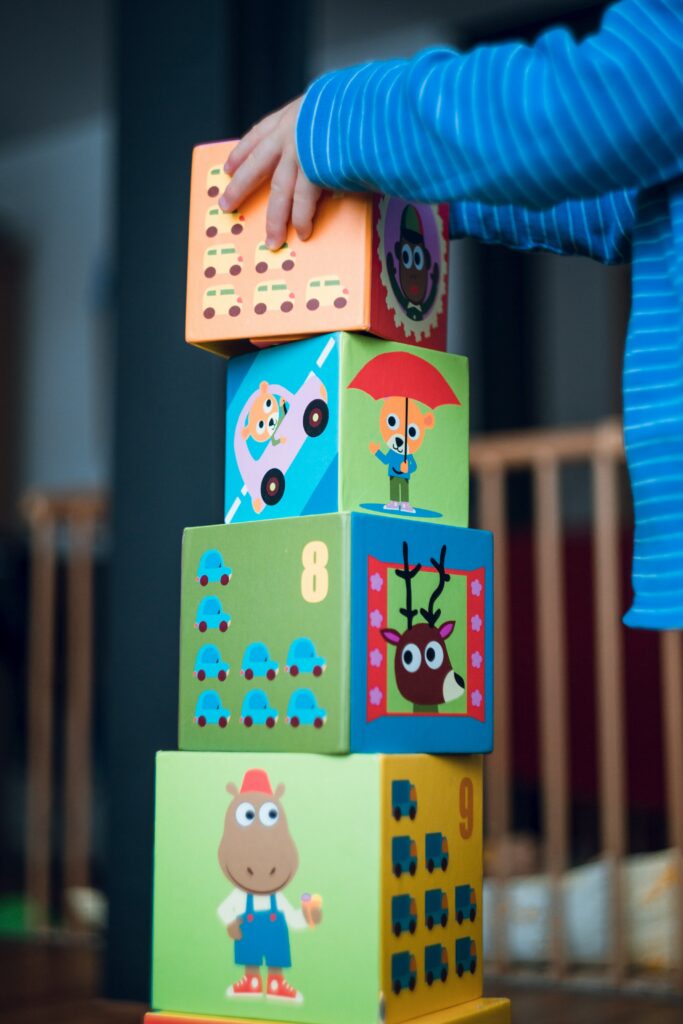It is never too early to think about mental health and wellbeing. It can be much easier to understand and respond to infants meeting key physical milestones as they grow, but their emotional wellbeing is important too. The first five years lay down the foundations of skills, knowledge and confidence that help children navigate future challenges and realise their potential. A child who is mentally healthy will gain the necessary social skills and coping mechanisms to manage challenges that arise, build resilience and reach out for support when they need it. A range of different services and public policies, alongside families and communities, play a role in supporting babies and young children to be mentally healthy.
Defining mental health
There is varied understanding of mental health in infants. Different services and settings can use different language to describe what mental health means in babies and children. Professionals can be reluctant to refer to ‘mental health’ as they struggle to apply traditional concepts of mental health to a baby or child.
A really helpful toolkit for understanding and supporting mental health in infancy and early childhood has recently been developed by UNICEF-UK and PEDAL. This new framework defines being mentally healthy as:
‘a positive state that enables us to enjoy life and deal with challenges, not just as the presence or lack of diagnosable conditions.’
It describes three elements of mental health: emotional, social and behavioural.

Stop and Reflect:
How we define mental health will also define how we work to promote, protect and restore it.
- What does mental health mean to you? How would you define it?
- Does your concept of mental health apply to babies and young children? Is there any discomfort or misunderstanding about the idea of babies’ and young children’s mental health?
The term ‘mental health’ for babies and young children describes their wellbeing in terms of their social and emotional development. This will be referred to throughout the course as a key component of mental health in early childhood. Social-emotional development encompasses how children learn to express their feelings, develop relationships, and practice social skills.
Each baby or child will have different experiences with their mental health. Many factors can influence their social and emotional development and wellbeing. This includes things like the quality of their experiences in the womb, relationship with their caregivers and nutrition.
The video below explores the important role adults have when it comes to social and emotional development, mental health and wellbeing. Wright highlights how the first 5 years are essential for healthy brain development and there are simple, effective strategies which impact lifelong learning, behaviour and wellbeing, to help all children thrive by the age of five. When you put it like that it’s easy to see why mental health needs to be a priority in early childhood.

“The period from conception to five is essential in securing the healthy development of children into adulthood. Unfortunately, these years are often not given the importance they should be, and many people are unaware of what signs they should be looking out for. Parents, carers and society as a whole have a critical role to play. This includes securing positive relationships and a nurturing environment that supports the building blocks of a child’s social, emotional and cognitive development.”
– Dr Trudi Seneviratne
In Oct 2023, The Royal College of Psychiatrists urged the Government to act as children under five face lifelong mental health conditions which could be prevented with the right care and support. This resulted in a report that you will find below. It’s a long but interesting read. A summary can also be found here

Apply Your Thinking:
This report highlights how early action is vital and more help is needed to support infant and early childhood mental health. Spend some time researching how Greater Manchester are responding to the challenges outlined in this report:
- Identify key services working to support infant and early childhood mental health in Greater Manchester
- How are they responding to social, emotional and mental health needs?






